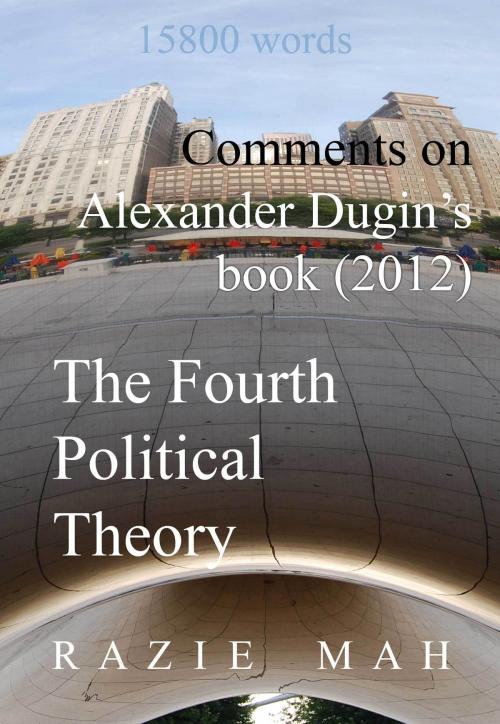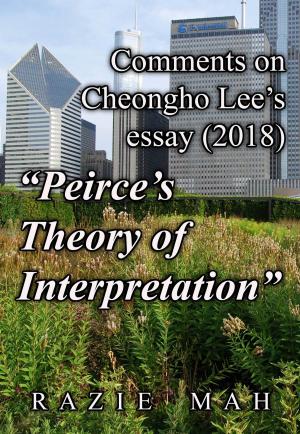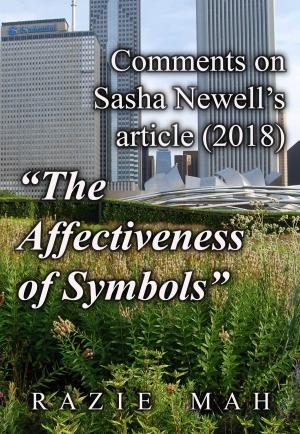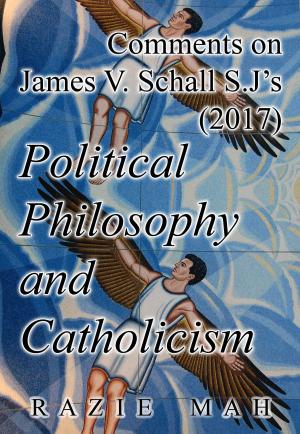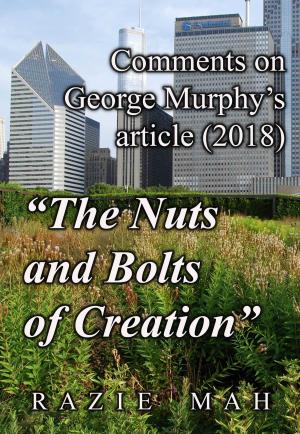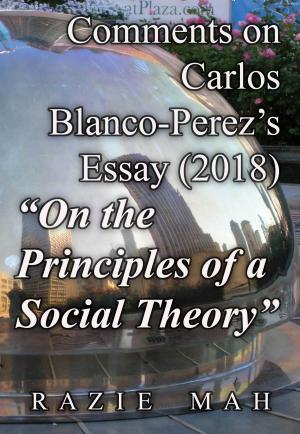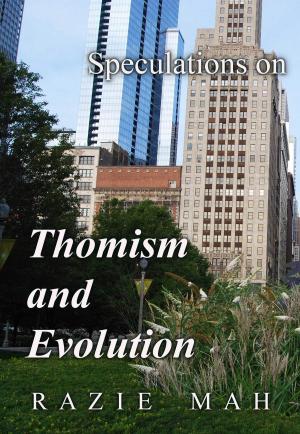Comments on Alexander Dugin’s Book (2012) The Fourth Political Theory
Nonfiction, Religion & Spirituality, Philosophy, Political, Social & Cultural Studies, Political Science| Author: | Razie Mah | ISBN: | 9781942824237 |
| Publisher: | Razie Mah | Publication: | April 26, 2015 |
| Imprint: | Smashwords Edition | Language: | English |
| Author: | Razie Mah |
| ISBN: | 9781942824237 |
| Publisher: | Razie Mah |
| Publication: | April 26, 2015 |
| Imprint: | Smashwords Edition |
| Language: | English |
Alexander Dugin’s Fourth Political Theory (2012) initiated a quest for a new conceptual structure to replace the three political theories of liberalism, communism and fascism. His title struck my eye because my mission is “to imagine the fourth age of understanding, the age of semiotics”. So I responded.
This work summarizes, comments on, and re-articulates Dugin’s unfolding ideas. The category-based nested form serves as a template for re-displaying his points in a semiotic framework. The results are a bit strange, but that should not deter anyone, because the past century qualifies as “strange”.
How so?
The 1900s is the era of religious movements populated by individuals who were convinced that they were 'not religious'. Carl Schmitt, a fascist political theorist, at least admitted this fact: Political theories are theological.
Dugin writes from the stance of a person who has witnessed a revelation: The collapse of Soviet communism, followed by the failure, by Russia, to adopt the religion of the American empire: Big government liberalism.
The question is: How to interpret this revelation?
The answer is: Search for the fourth political theory.
Here is my contribution to his daring inquiry.
Alexander Dugin’s Fourth Political Theory (2012) initiated a quest for a new conceptual structure to replace the three political theories of liberalism, communism and fascism. His title struck my eye because my mission is “to imagine the fourth age of understanding, the age of semiotics”. So I responded.
This work summarizes, comments on, and re-articulates Dugin’s unfolding ideas. The category-based nested form serves as a template for re-displaying his points in a semiotic framework. The results are a bit strange, but that should not deter anyone, because the past century qualifies as “strange”.
How so?
The 1900s is the era of religious movements populated by individuals who were convinced that they were 'not religious'. Carl Schmitt, a fascist political theorist, at least admitted this fact: Political theories are theological.
Dugin writes from the stance of a person who has witnessed a revelation: The collapse of Soviet communism, followed by the failure, by Russia, to adopt the religion of the American empire: Big government liberalism.
The question is: How to interpret this revelation?
The answer is: Search for the fourth political theory.
Here is my contribution to his daring inquiry.
